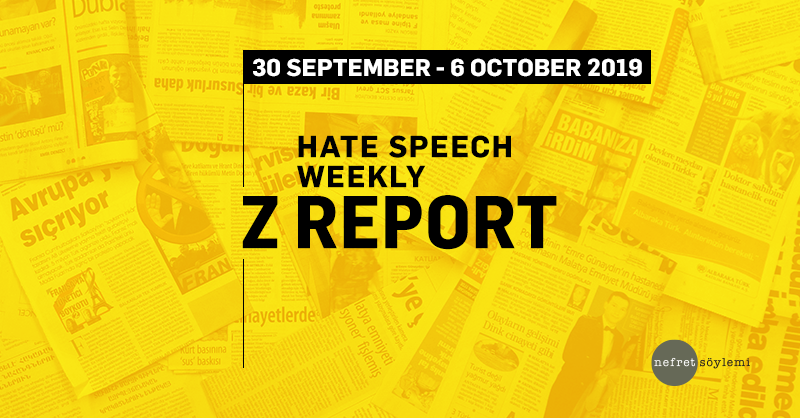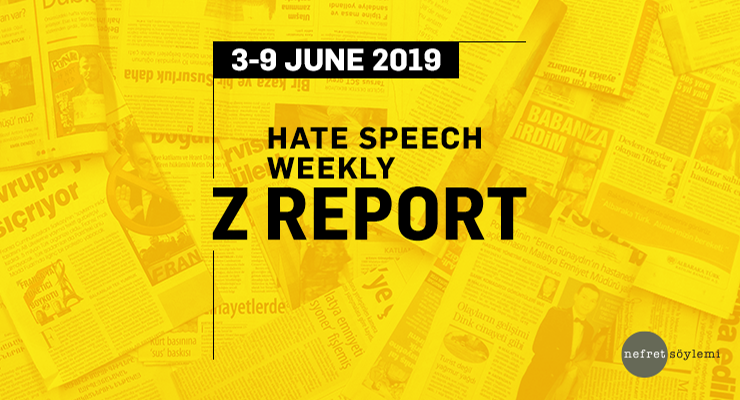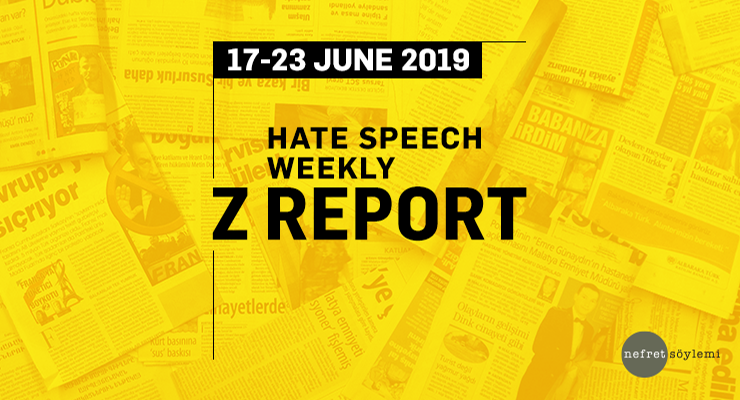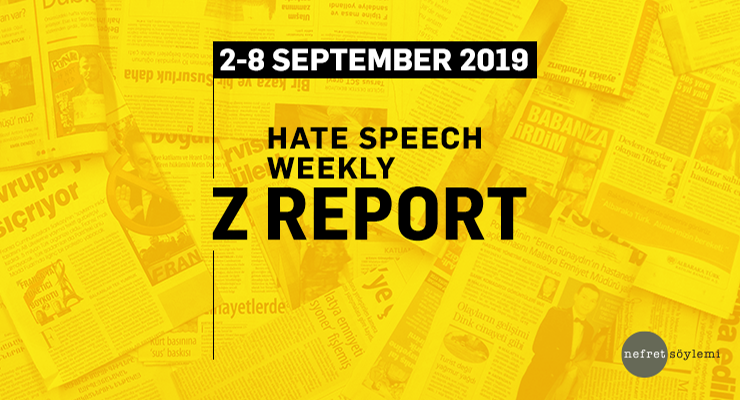Within September 30-October 6, 2019, three articles that generate hate speech were selected from print media. You can find three articles that contain hate speech against Greeks, Serbians and Jews as well as the analyses written about them below.1
1.
The article published in Eskişehir Anadolu with the title “Greeks are the very reason of the problems” reports deputy Nabi Avcı’s statement during the Organization for Security and Co-operation in Europe’s Parliamentary Assembly meeting. The article targets Greeks by using Avcı’s statement in the title without quotation marks. With this title, Greek identity is directly presented as a source of “threat” and “problem” and Greeks are targeted as a group. |
2.
The article published in Yeni Şafak with the title “Intruder Turks should go” covers the independence celebrations in Southern Cyprus. The titles “Intruder Turks should go” and “Greeks went crazy in Cyprus” and the statement “Cypriot Greeks’ celebration of the anniversary of ‘independence’ turned into a session for hating Turks”, it is implied that there is bad blood between Greeks and Turks. And with the title “Serbians sent artillery”, Southern Cyprus’ purchasing arms is reported by holding Serbians responsible and negative opinions about Serbians are fomented. In general, the article labels Greeks as “enemy”. |
3.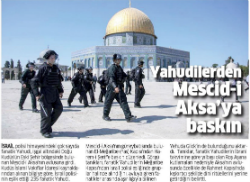
The article published in Analiz Gazetesi with the title “Jews raided al-Aqsa Mosque” reports Jews entering al-Aqsa in Jerusalem for celebrating Rosh Hashanah. The title “Jews raided al-Aqsa Mosque” labels Jews as a threat, reinforcing negative opinions about this identity. |
1. Within the scope of the media monitoring work focusing on hate speech, all national newspapers and around 500 local newspapers are monitored based on pre-determined keywords (e.g. Traitor, apostate, refugee, Christian, Jewish, separatist, etc.) via the media monitoring center. While the main focus has been hate speech on the basis of national, ethnic and religious identities; sexist and homophobic discourses are also examined as part of the monitoring work.

